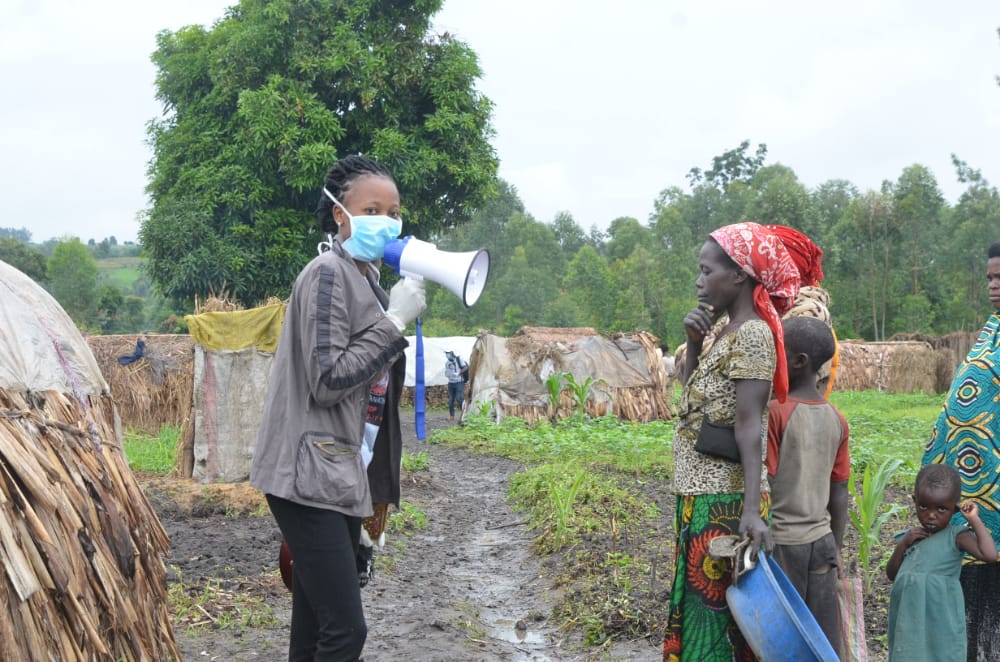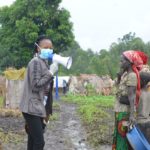As many may know, DR Congo has been plunged into a deep and multifaceted crisis for several decades. The Coronavirus pandemic has come as yet another misfortune in the largest country in sub-Saharan Africa.
Despite the restrictive measures decreed by the Congolese authorities to mitigate the spread of the Coronavirus to protect the population, the pandemic has continued to wreak havoc, and people living in modest conditions such as displaced populations, have been the most affected.
In the eastern part of the country, a region already weakened by the increased activism of local and foreign armed groups, the most fragile and remote or desocialized communities (such as the displaced, people in third years, young girl-mothers, women survivors of sexual violence and young former child soldiers) are still embarrassed, at the mercy of the myths and false information often perpetuated by string pullers.
Disinformation surrounding the current health crisis risks exacerbating the situation by causing local populations to adopt hostile behaviour that could endanger their own lives or cause local communities to pit against each other.
Following a careful study carried out by my organization Amani-Institute ASBL in the rural commune of Rutshuru, we set out to face the challenge of equipping members of local communities by offering them preliminary notions on how to analyze and find reliable and rumoured information.
Indeed, we have put in place a permitting framework for dialogue that can facilitate interaction between the most marginalized local communities and specialists on the subject of the health crisis due to the Coronavirus associated with the culture of peace in this difficult context.
This project is entitled “Tupone wote” which means in the local language “let’s fight together” and we have been implementing this project since 2019 with more than 2000 young volunteers within the organization Amani-Institute ASBL of which I am the Founder and Coordinator here in DR Congo.
You can learn more about this initiative with this link: Amani-Institute

